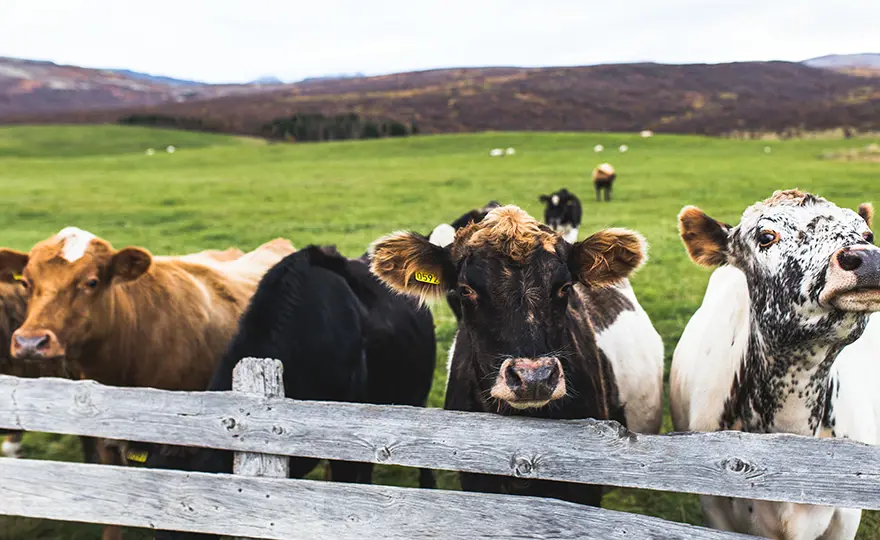ClientEarth Communications
4th January 2017


Environmental law organisation ClientEarth and German NGO Deutsche Umwelthilfe (DUH) have launched legal action against the German government over its failure to deal with illegally high ammonia emissions in the country for more than half a decade.
The two groups want the government to develop a new national plan to deal with the problem, which is caused primarily by agriculture.
The announcement comes just days after a new European-wide law designed to curb emissions of certain airborne pollutants came into force on 31 December 2016.
The annual legal limit for ammonia emissions in Germany since 2010 has been 550 kilotons. That limit was exceeded by 17 to 22 per cent for the five consecutive years to 2014, according to the latest available data.
Despite this, the federal government has failed to develop an effective action plan to tackle the issue.
ClientEarth lawyer, Ugo Taddei, said: “The farming industry must play its part in helping reduce air pollution. Its emissions contribute to the hundreds of thousands of early deaths from air pollution across the EU every year but in many countries it gets preferential treatment from governments. European governments must ensure that the agricultural industry reduces its ammonia emissions. People’s health, and the health of the environment, is at stake.”
"The German government is once again setting a bad example. Our years of talks and out-of-court attempts to persuade the Federal government to comply with EU law have failed. That's why we will persuade the passive Federal Ministers Hendricks and Schmidt to finally adopt and implement an effective catalogue of measures to protect the environment and the health of the people," added DUH National Director, Jürgen Resch.
Ammonia is converted into a fine dust in the atmosphere and contributes significantly to air pollution. Fine airborne particles cause cardiovascular and respiratory diseases, reduce lung function and are carcinogenic.
Air polluted with fine dust particles results in more than 47,000 premature deaths annually in Germany alone.
More than 90% of the ammonia emissions in Europe come from agriculture, the largest part of this from livestock. The use of artificial fertilizers in agriculture also contributes to emissions. Effective measures to reduce ammonia emissions such as covering up fertilizer during storage as well as improvements in the spreading of slurry have long been known but are not being consistently implemented.